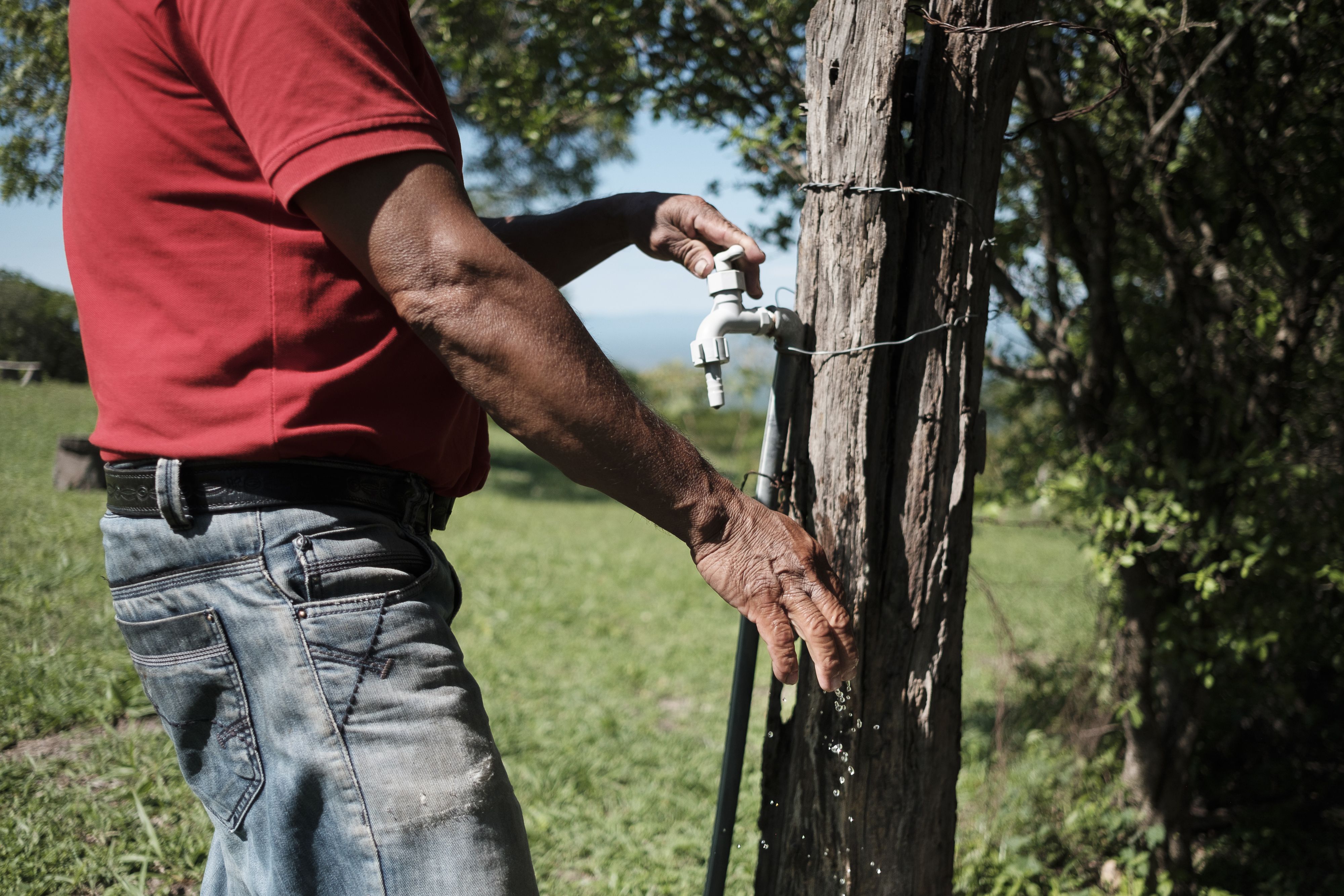
Modeling water futures: how climate change and deforestation are draining the Chiquitania
The Chiquitano forest, a 23-million-hectare tropical dry forest spanning eastern Bolivia and western Brazil, is one of South America’s most unique ecosystems. Home to over 3,000 plant species and 1,200 vertebrate species, including jaguars and giant anteaters, it provides critical ecosystem services for approximately 3 million people, including Indigenous peoples, local communities, small-scale farmers, and agribusiness operations.
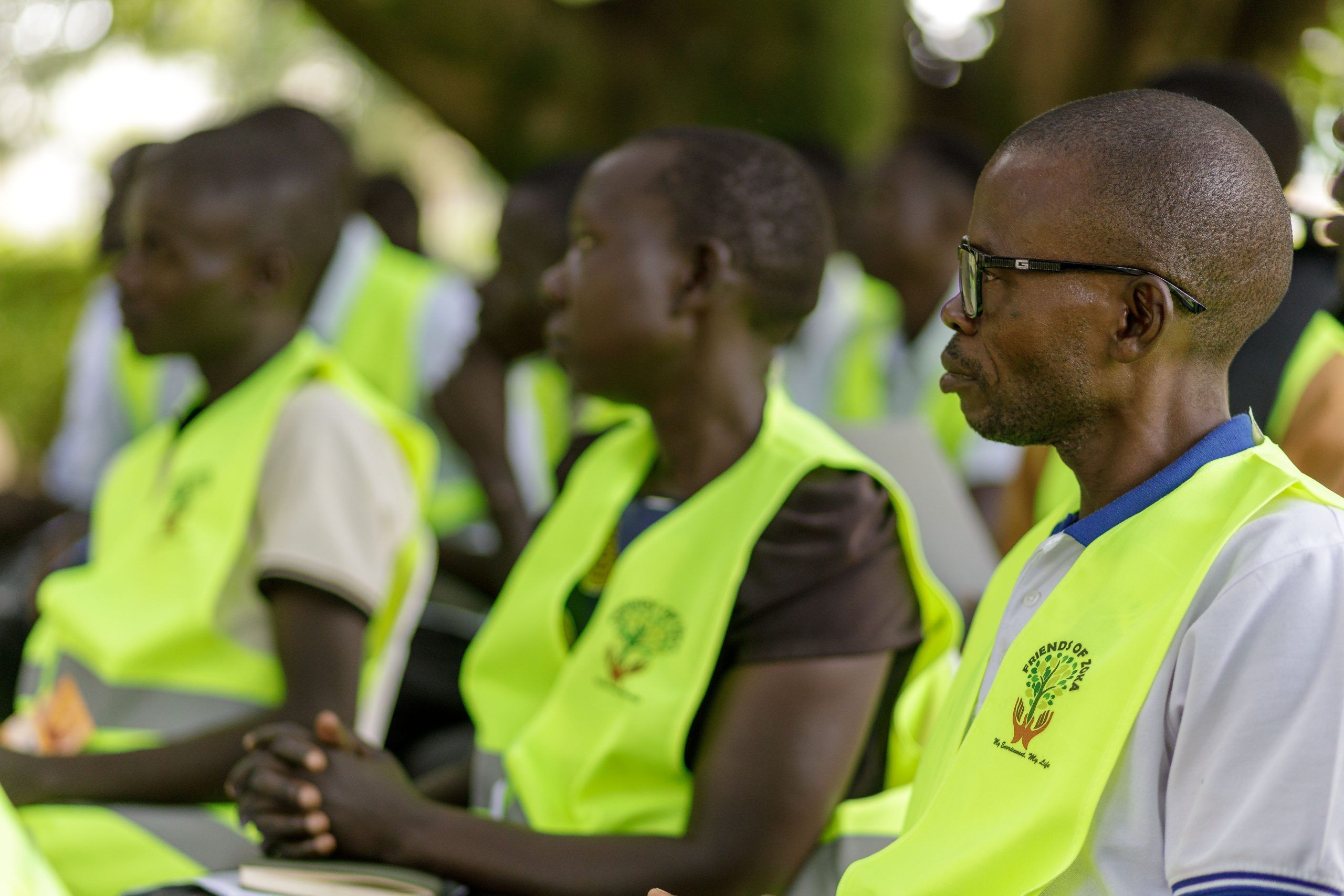
Safety & Security Programme: protecting environmental defenders
Environmental Human Rights Defenders are globally under severe threat. To help address this, IUCN NL initiated a three-year programme in five countries to strengthen the security and resilience of its partners and the Indigenous and local communities they work with in forest landscapes. We teamed up with Protection International who trained and supported them to better understand the risks they face and to develop strategies that enhance their safety and wellbeing.
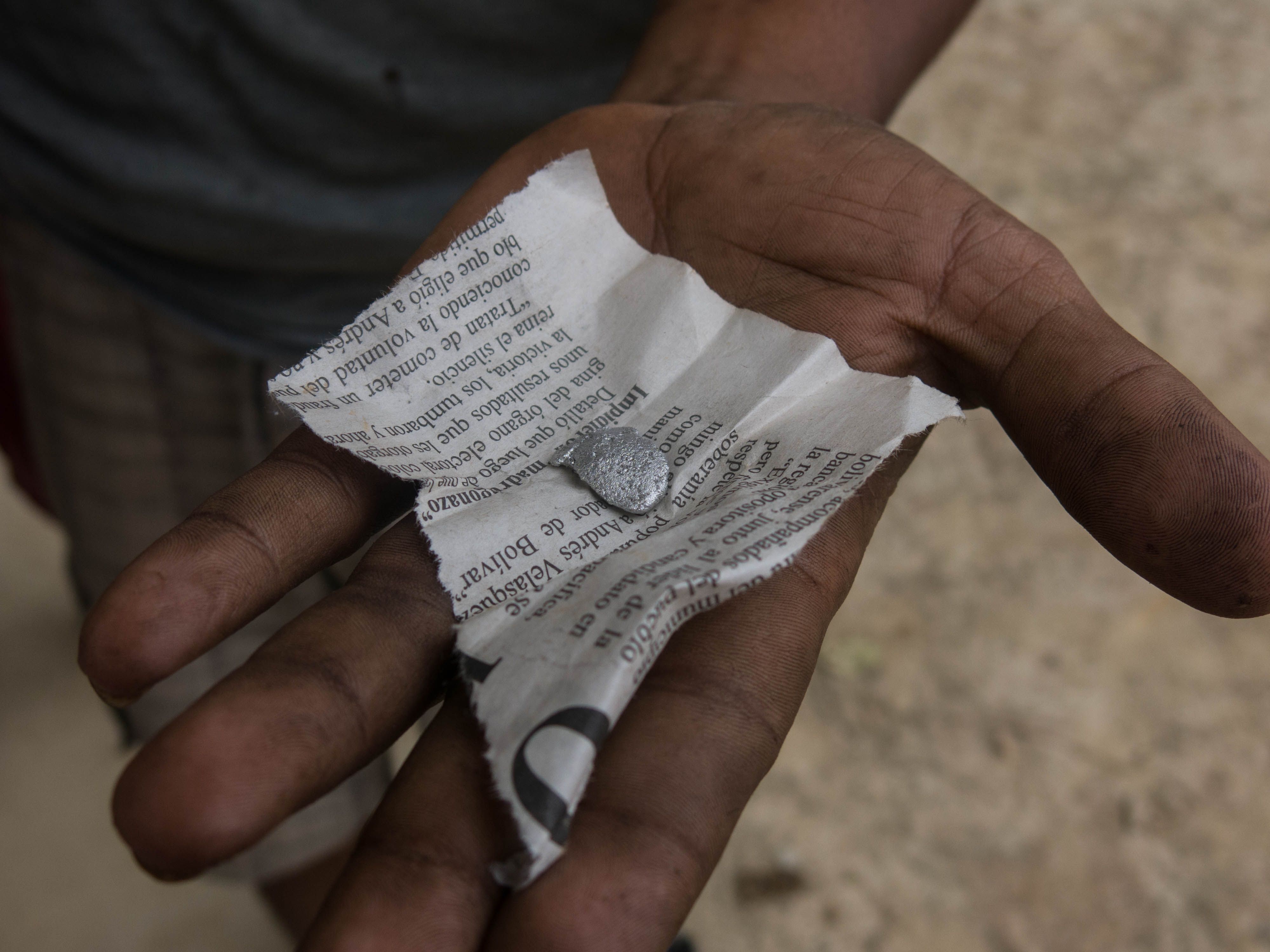
Lessons from Bolivia’s fight against mercury, gold mining, and water contamination
In Bolivia’s Northern Amazon, the basins of the Beni and Madre de Dios rivers encompass the Madidi National Park. This is one of the most biodiverse areas in the continent, which is home to 26 Indigenous Originary Campesino Territories, approx. 500 mammal species, approximately 1000 bird species, including Red List species such as the jaguar and spectacled bear. Alluvial gold mining has caused severe environmental destruction and human rights. Interconnected strategies that combine evidence generation, engagement with international human rights reporting mechanisms, and alliance building have been crucial to demand accountability and advance water justice.
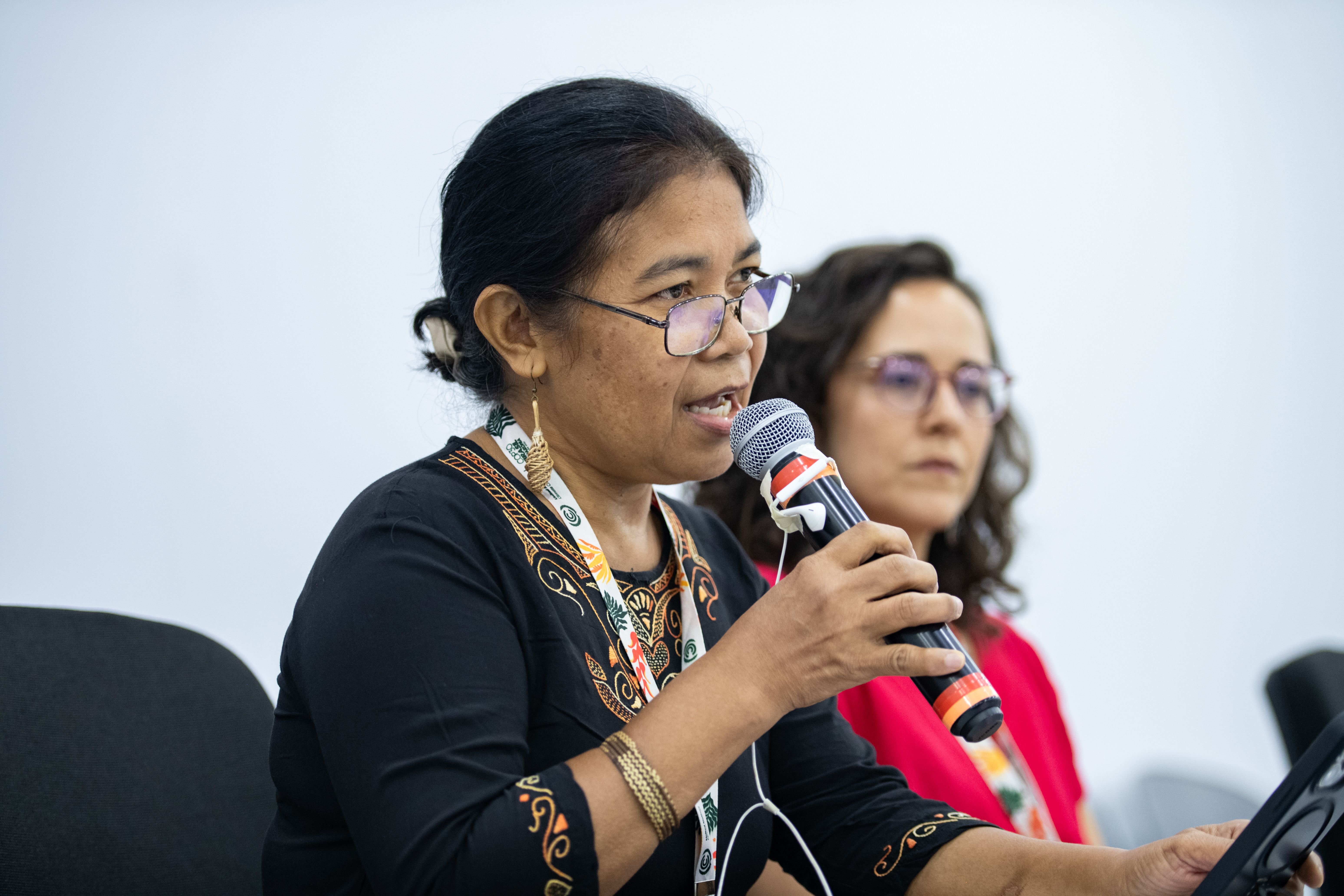
From pledges to locally-led climate action: gender-just Indigenous solutions for forests and climate action
Locally-led, gender-just approaches are the most effective path to halt deforestation and advance real climate action, yet Indigenous peoples and local communities, especially women, are often overlooked in decision-making that concerns their land and natural environment. At the Climate Change COP30 in Belem last month, framed as the Forest COP, the Green Livelihoods Alliance (GLA) and the Global Alliance for Green and Gender Action (GAGGA) organised a side event on the topic.
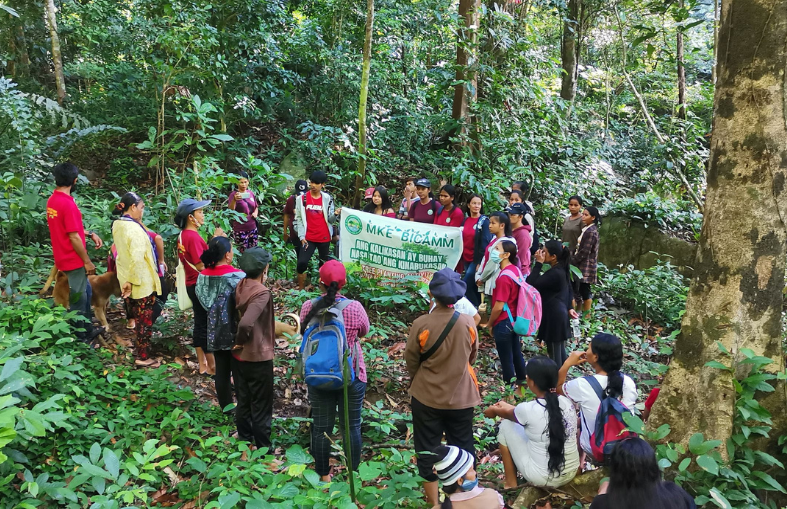
New GLA report on Locally-led sustainable development
Shifting the decision-making power in conservation efforts from distant actors to those with ancestral, cultural, relational, material and/or spiritual ties to the land is a promising and necessary way forward. Indigenous People and Local Communities (IP&LCs) know best how to care for and defend the land, often based on generations of knowledge accumulation. For the Green Livelihoods Alliance (GLA), this approach of locally-led sustainable development is more than a principle, it is seen as the basis for real and lasting change. A new report on locally-led sustainable development, co-produced by IUCN NL and Tropenbos International, gives insight into the perspectives and experiences of partners in the GLA.
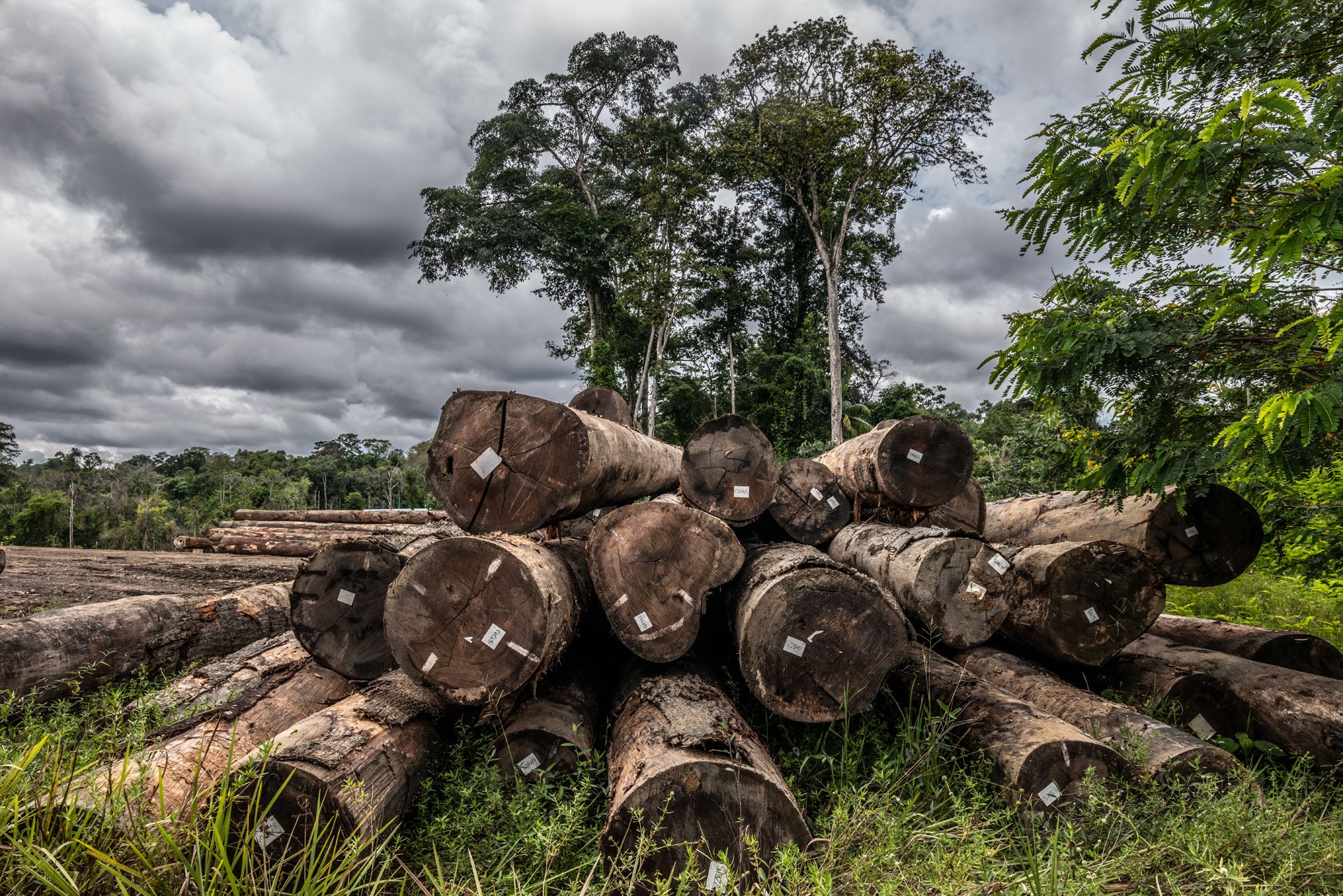
Simplifications of EUDR risk global progress on sustainable trade and forest protection
Adopted in June 2023, the EU Deforestation Regulation (EUDR) represents a landmark step toward reducing deforestation and forest degradation linked to the production of agricultural commodities. It established a robust framework requiring traders and operators to ensure full traceability, compliance with national laws in producing countries, and the elimination of deforestation from supply chains.
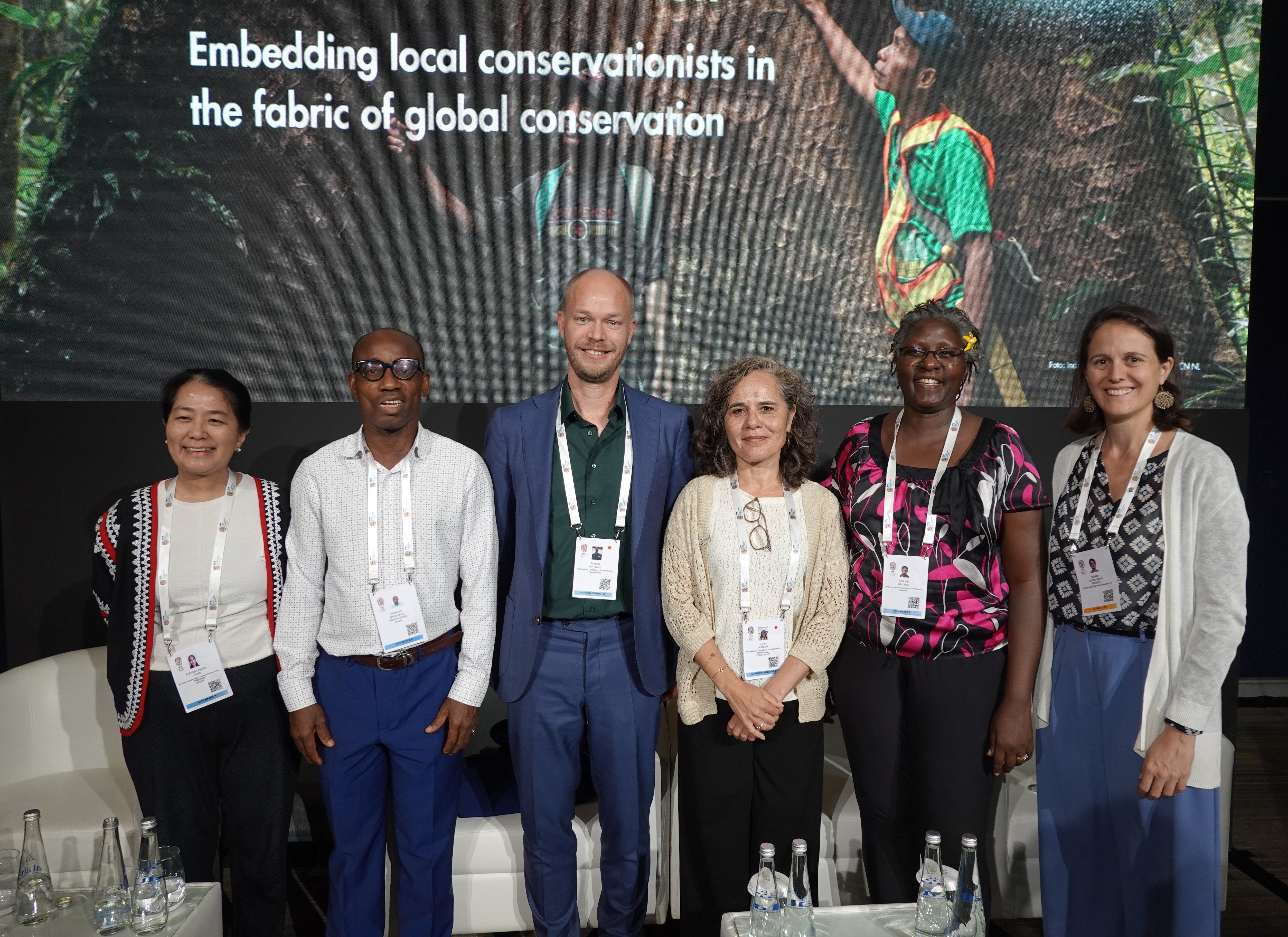
The 2025 World Conservation Congress: in retrospect
The 2025 IUCN World Conservation Congress saw over 10,000 people convening in Abu Dhabi, with nearly 150 motions adopted at the Member’s Assembly. Here are some highlights from this year’s Congress.
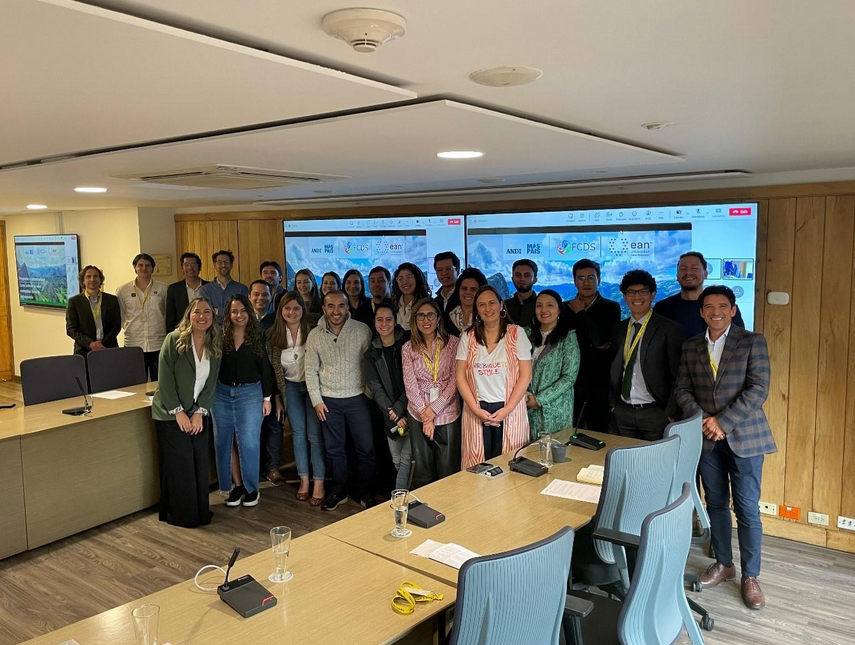
Promoting deforestation-free supply chains in Colombia: Lessons from a strategic cross-sectoral collaboration
Colombia faces significant deforestation, driven mainly by industrial agriculture, mining, and extractive industries, which threaten its rich biodiversity and local communities. A strategic collaboration between the Foundation for Conservation and Sustainable Development (FCDS) and the National Association of Entrepreneurs of Colombia (ANDI), supported by IUCN NL, therefore aims to promote zero-deforestation supply chains and help companies comply with emerging regulations like the European Union Deforestation Regulation (EUDR).
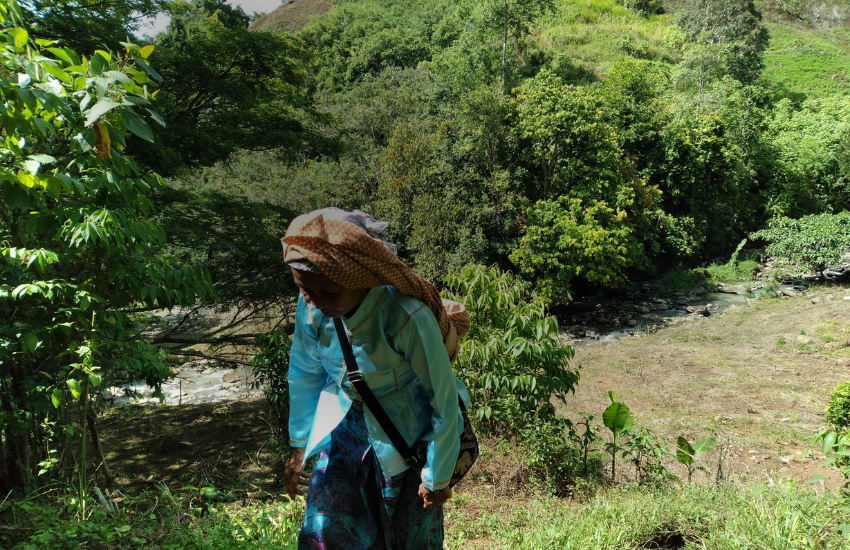
“Defending our forests is defending our lives”: Indigenous women at the frontlines in the Philippines
The forests of the Philippines are among the most biodiverse on Earth, yet they face enormous pressures from mining and deforestation. Indigenous women, often the first to bear the brunt of these threats, are also among the strongest defenders.
